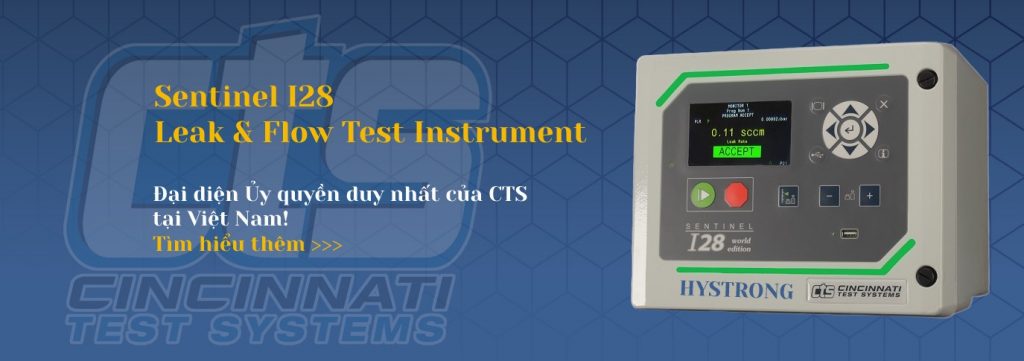Over the past few years, we’ve seen a dramatic shift from the auto market to electric vehicles. As electric vehicle sales continue to grow, automakers are expanding electric options for a wide range of their vehicles, including high-performance electric sports cars, trucks, and commercial vehicles – and now All-terrain electric vehicles.
With this growing number of electric off-road vehicles, manufacturers will pose new challenges. These vehicles are subject to more extreme environmental conditions and hazards, and rigorous testing requirements are required for the battery packs that power these vehicles.
Leak testing is integral to supporting the evolving performance needs of EV battery
To ensure consistent performance and safety in the field, the internal components of an EV battery must be protected from physical damage that could result in leakage of liquid electrolytes from the battery. The electrolyte is a solution of lithium hexafluorophosphate salts. When this substance comes in contact with water, or even moisture present in the surrounding air, it can cause a chemical reaction that leads to a fire or even an explosion. If the anode and cathode in a cell, already very close to each other, come into direct contact with each other, it may cause a short circuit resulting in a fire.
With production pressure pushing for higher efficiency (reducing the weight of the battery box further), the internal and external structural components of the battery pack are getting thinner and thinner. With performance requirements increasing and this push towards lighter and thinner materials, leak testing must evolve to keep pace.
Leak testing electric vehicle batteries to IP67 standards
When we quote a leak test system to an EV OEM or supplier, we ask for a target leak rate, test pressure, and desired test cycle time. However, we also looked beyond the test station specifications to look at a field use case scenario.
We must consider that off-road vehicles can be subjected to very harsh conditions of use where the possibility of liquid or moisture penetration becomes a greater concern. Another caveat is that daily passenger vehicles may operate in areas of the country where annual and severe flooding occurs due to changing seasonal weather patterns.
Given these facts, the IP67 rating has become the standard for many electric vehicle manufacturers. Any device or assembly rated to this standard must be dust-proof and withstand up to 30 minutes of immersion in water up to a depth of 40 inches.
For battery pack internals such as the cooling system, high-volume flow or pressure leak testing with pressurized air is sufficient. To meet the IP67 standard (or an even more stringent standard, if we are concerned about water vapor ingress with fluctuations in ambient humidity and barometric pressure due to changes in altitude), we have to switch to test methods that can test reliably and quickly. even lower than the target leakage rate. For EV battery packs and cartridges, this means a vacuum or tracer gas fill test.
—-
Hystrong is the Only Authorized Unit of Cincinnati Test Systems (CTS) in Vietnam, with a team of experienced Technicians.
Contact Hystrong Vietnam for advice on installing the most suitable system! Contact now>>>
Facebook: CincinnatiVN
Hotline: (+84) 919-995-040 (call/zalo)


